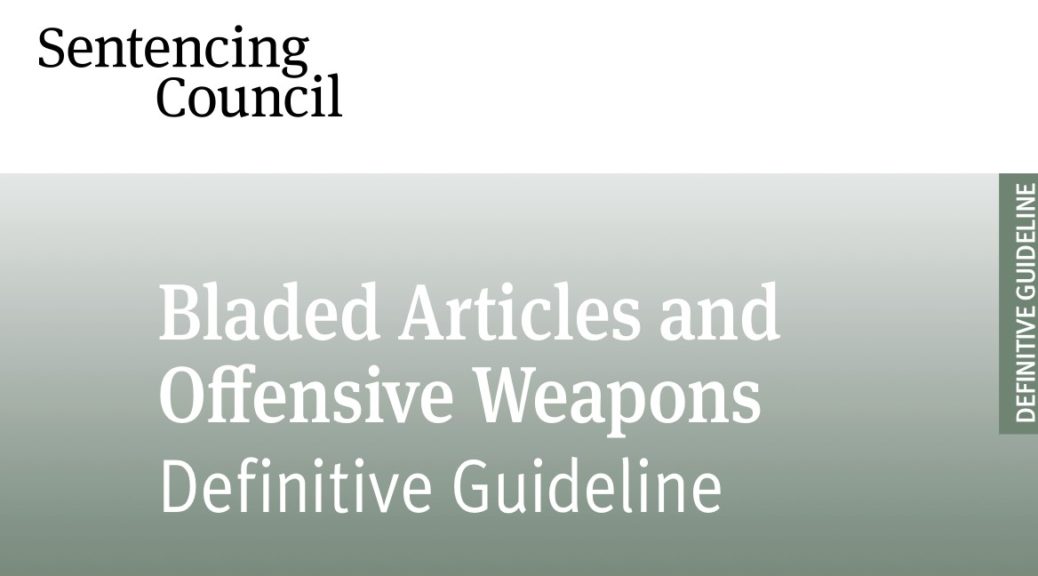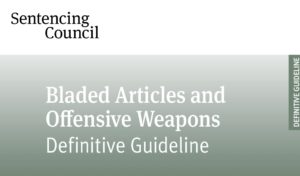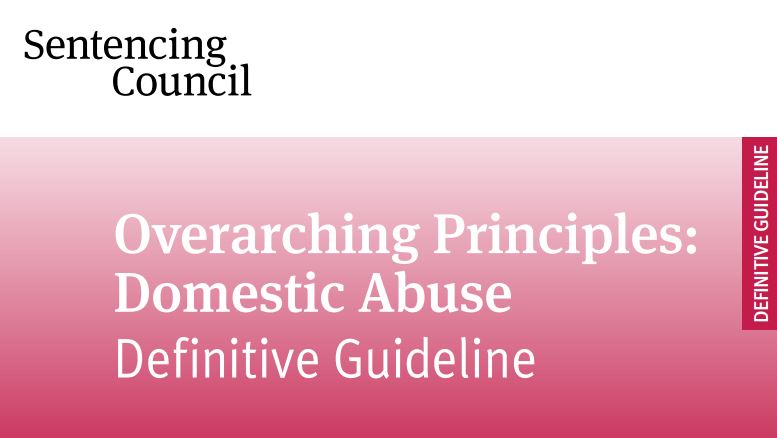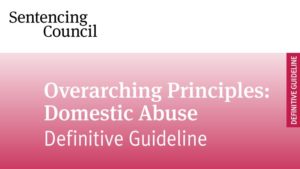In readiness for the opening of the new Chesterfield office we have been putting together new website profiles for the lawyers based there.
Accredited police station representative Rob Lowe has provided the detail of several examples of recent free police station advice that he has given. Each illustrate the advantages of seeking his free and independent legal advice before speaking to the police in an interview under caution.
Mansfield police station – domestic assault allegation
Rob attended Mansfield police station to represent a suspect who had been arrested for an allegation of an assault in a domestic setting. The officer in the case provided Rob with disclosure of the evidence in the case permitting him to take instructions from his client before interview.
The evidence provided failed to implicate Rob’s client in an offence. As a result, Rob formed the view that there was not a case for him to answer. He made immediate representations to the custody sergeant that his client should be released immediately without interview.
The sergeant agreed, and Rob’s client was released without charge, without the need for an interview.
It is perhaps hard to imagine that this outcome would have been secured without the benefit of Rob’s free police station advice and representation.
Liverpool police station – assault allegation
 Rob travelled to represent his client at Liverpool police station. he had been arrested on suspicion of assault. He advised his client to answer questions and make a counter complaint.
Rob travelled to represent his client at Liverpool police station. he had been arrested on suspicion of assault. He advised his client to answer questions and make a counter complaint.
This advice led to our client being released without charge. Instead, the initial complainant ended up being interviewed under caution by the police himself. This was as a result of the advice given and the representations that Rob made to the investigating officers.
Chesterfield police station – shop theft

Part of Rob’s role in when representing a client at the police station is to negotiate with the police. In this case, his client was accepting guilt in relation to allegations of shop lifting.
The custody sergeant was concerned about a risk of re-offending and intended to keep our client in custody overnight to be placed before the Magistrates’ Court for a remand into custody the next day. After taking into account the representations that Rob made about bail, the custody sergeant reconsidered his initial view and agreed to grant bail.
Again, without representation, it would appear unlikely that this suspect would have been released, with nobody to negotiate on their behalf.
Chesterfield police station – drug investigation
Here, Rob was instructed by a client who had been arrested on suspicion of drugs offences. Rob considered it appropriate for his client to deny the offences for which he had been arrested. His client was, however, reluctant to submit to extensive questioning by the police.
As a result, Rob advised that an alternative to answering questions would be to submit a prepared statement in interview setting out his defence. He would then be able to make ‘no comment’ replies to any other questions put. This would be sufficient to remove the risk of an inference being drawn at any future trial.
Rob’s client was released to allow the police further time to investigate the offence and his defence.
Contact us for free police station advice
If you are unlucky enough to be interviewed by the police, whether while under arrest or as a volunteer, or in the police station or elsewhere, you are entitled to legal representation. As we have a legal aid contract then we can provide you with free police station advice.

If you are arrested then make sure the police ask for VHS Fletchers to represent you. If you know that the police want to speak to you as a volunteer then contact us with the date and time and we will make sure that we are there on time to remove any delay.
Rob Lowe can be contacted at our new Chesterfield office at 5 Beetwell Street, 100 metres away from Chesterfield police station. Our new phone number is 01246 387999.








